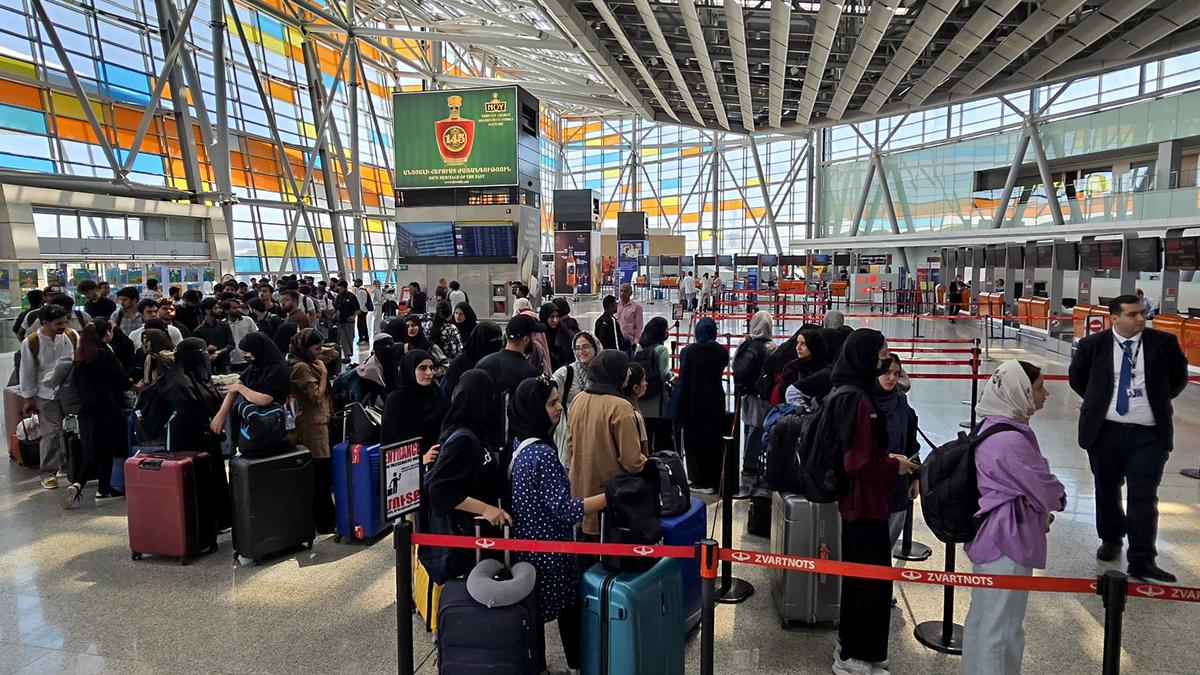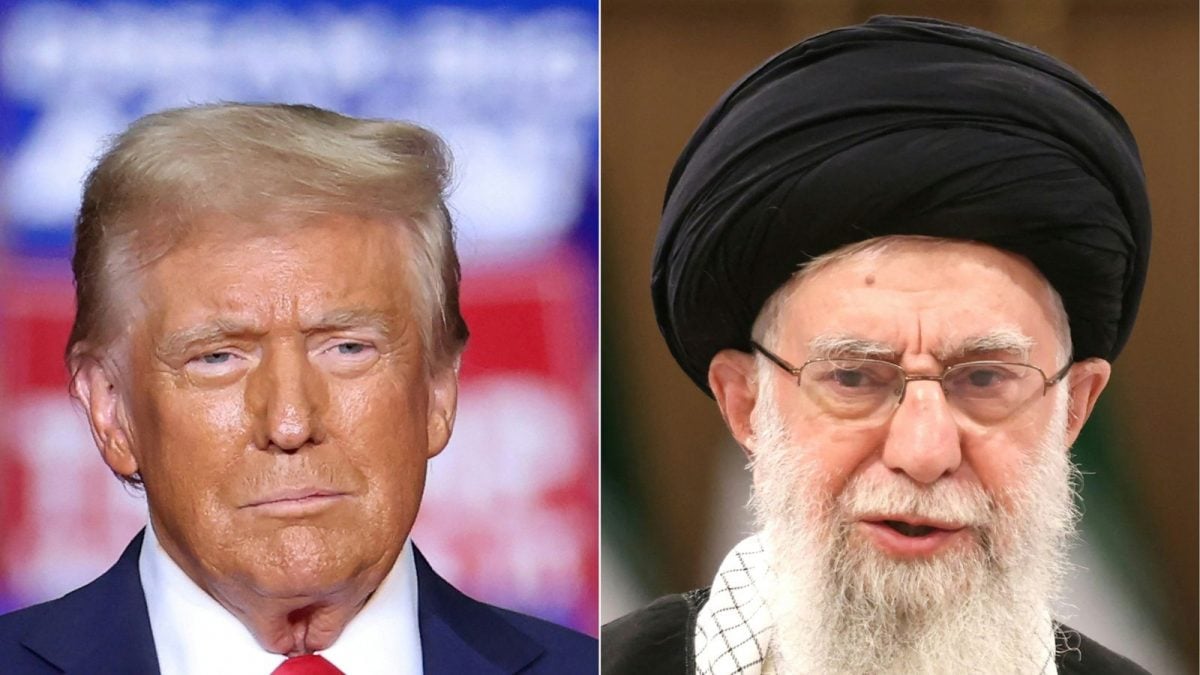ARTICLE AD BOX
The Axiom-4 mission carrying Indian astronaut Shubhanshu Shukla to the International Space Station (ISS) was delayed again on Friday — the sixth time the scheduled liftoff was put off. The mission, themed ‘Realize the Return’, is historic in many ways but has seen multiple postponements.
Without specifying the next launch date, Axiom Space, which is carrying out the mission, released a statement saying: “NASA has made the decision to stand down from the launch on Sunday, June 22 and will target a new launch date in the coming days.” The mission was to take off from Kennedy Space Centre on June 22 at 1:12 pm.
With an initial launch date of May 29, the mission has been postponed several times, owing to problems in the electrical harness of the SpaceX Dragon spacecraft that was to carry the astronauts, a liquid oxygen leak in the Falcon-9 rocket, inclement weather in the flight path, and repairs needed to fix leaks in ISS’s Zvezda module.
“Because of the space station’s interconnected and interdependent systems, NASA wants to ensure the station is ready for additional crew members, and the agency is taking the time necessary to review data,” the space agency said in a statement.
Here’s a look at the delays and the reasons behind each postponement:
📌 May 29: Originally targeted for May 29, the launch was deferred to June 8 due to “observations in an electrical harness in the Crew Dragon Module,” according to a statement from the Indian Space Research Organisation (ISRO).
📌 June 8: A delay in the preparedness of the Falcon 9 vehicle for the launch meant the launch was deferred by one day to June 09.
Story continues below this ad
📌 June 9: The Axiom-4 launch couldn’t take place, this time postponed to June 10, due to unfavourable weather conditions.
📌 June 10: An oxygen leak was detected in the engine, along with an issue in one of the engine actuators. “Additional observation of oxygen leakage in the engine bay was observed during the preparation for hot fire test conducted on June 08, 2025. Moreover, there was an observation of an anomaly in one of the engine actuators, which was replaced along with the controller,” ISRO said in a statement. “Anticipating the quick resolution of the LOX leak issue, the launch was rescheduled to June 11, 2025,” it added.
📌 June 11: NASA informed that it was working with the Russian space agency to evaluate a “new pressure signature” that could indicate a leak in the back section of one of the Russian modules of the space station — ISS Zvezda. “NASA informed that they are working with Roscosmos to evaluate a new pressure signature indicating a leak in the aft most segment of the ISS Zvezda Russian service module, after the recent repair attempt”. ISRO said the launch was being postponed to “assess the situation and determine the need for further troubleshooting”.
📌 June 19: ISRO said the launch had to be postponed again. The revised date was arrived at after detailed discussions involving teams from ISRO, Poland, and Hungary with Axiom Space; consultations between Axiom Space, NASA, and SpaceX; and an assessment of the predicted weather conditions in the path of the flight. “Based on the readiness status of the SpaceX Falcon 9 launch vehicle, the Dragon spacecraft, repairs in the Zvezda module of the Space Station, ascent corridor weather conditions, and the health and preparedness of the crew in quarantine, Axiom Space has informed that the next probable launch date is 22 June 2025,” ISRO said in a statement.
Story continues below this ad
📌 June 20: Two days before the last scheduled lift-off date, NASA said the mission was being postponed again. “NASA, Axiom Space, and SpaceX continue reviewing launch opportunities for Axiom Mission 4 to the International Space Station. NASA has made the decision to stand down from a launch on Sunday, June 22, and will target a new launch date in the coming days.” the US space agency said in a statement.
NASA said it needs “additional time to continue evaluating International Space Station operations after recent repair work in the aft (back) most segment of the orbital laboratory’s Zvezda service module”.
Why is the Axiom-4 mission important
The Axiom-4 mission will see India’s Shubhanshu Shukla become only the second astronaut in space from the country and the first one to go to the ISS. Former NASA astronaut and director of human spaceflight at Axiom Space, Peggy Whitson, will command the commercial mission, while ISRO astronaut Shubhanshu Shukla will serve as the pilot. Shukla’s experience will also help India’s own ambitions to send humans to space on its own craft.



.png)
.png)
.png)
























 English (US) ·
English (US) ·